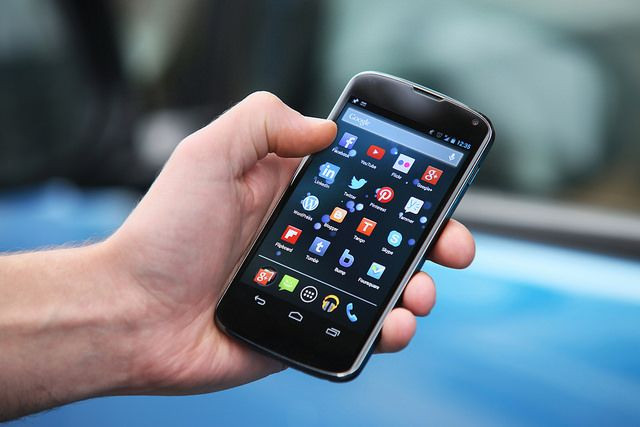Sleep And Social Media: New Study Finds Link Between Facebook Use And Lack Of Sleep

It’s becoming more apparent than ever that our addiction to social media has become a detriment to our health. Studies have increasingly showed the effect of social media on our psychology, and last week, Medical Daily reported on a study showing how social media use creates sleep disturbances. Now, a new study suggests something similar, but in reverse: we frequently check Facebook because of our lack of sleep.
Led by Gloria Mark, an informatics professor at the University of California, Irvine (UCI), the new study is set to be presented at the ACM Computer-Human Interaction Conference in May 2016. With the goal of finding a relationship between social media browsing and tiredness, the study found a lack of sleep may actually lead to more frequent online activities like checking Facebook.
"There have been lots of studies on how information technology (IT) affects sleep,” Mark said in a press release. “We did the opposite: We looked at how sleep duration influences IT usage."
To find a correlation, Mark and her colleagues monitored computer and phone use among 71 undergraduate students at UCI over the course of seven days in 2014. The researchers installed software onto the students’ computers and phones in order to monitor their use. Each time they logged onto a social network, called or texted someone, or opened a new browser or browser tab, the software would create a timestamp. They also collected twice-daily surveys to determine sleep schedule and assess stress levels from work and perceptions of productivity, as well as sleep diaries in which participants reported their sleep quality and the amount of sleep debt (hours of lost sleep) they incurred.
After looking at over 1,720 hours of computer and phone data, and the surveys and diaries, the researchers found participants spent an average of 7.9 hours sleeping (this is the recommended amount for college-age people). However, outside of averages, these hours varied from 2.6 hours to as many as 14 hours. The researchers also found most students had accumulated sleep debt, meaning many were sleep deprived.
When it came to a correlation with computer/phone use, the researchers found the greater the sleep debt a student accrued, the more time they spent looking at social media, regardless of whether it was on their computer or their phone. The researchers conducted end-of-week interviews with the participants and found many use Facebook as part of their sleep and wake routines. And about 20 students described using social media as part of their pre-bed ritual — something experts frown upon. They said they did this to ensure they stayed “in the know,” and as a way to relax, the researchers noted.
"When you get less sleep, you're more prone to distraction," Mark said. "If you're being distracted, what do you do? You go to Facebook. It's lightweight, it's easy, and you're tired."
That said, it’s possible these students, already dependent on their phones and computers, had already lost sleep from using their phones and computers late at night. (Research has shown the blue light emitted from these devices can throw off circadian rhythms.) If this is the case, then these students might have already had disrupted sleep schedules, and therefore used their phones to help them wind down and hopefully fall asleep.
Either way, to combat this dependence on social media in young people’s sleep and wake routines, the researchers suggested developers consider sleep patterns when designing app interfaces, since people’s circadian rhythms run on a different schedule than their work or social schedules. For example, these interfaces could warn users to take a break if their attention spans drop. People could also gear their computer usage for when they are most mentally aware (easing into heavier usage later in the day by starting light).
The researchers hope their study can shed light on how sleep affects social media use, when so many studies have shown the reverse to be true, and “spark future research into other techniques to explore more deeply the relationship of sleep and [social media] use” they concluded.
Source: Mark G, Wang Y, Niiya M, Reich S. Sleep Debt in Student Life: Online Attention Focus, Facebook, and Mood. ACM Computer-Human Interaction conference. May 2016.



























